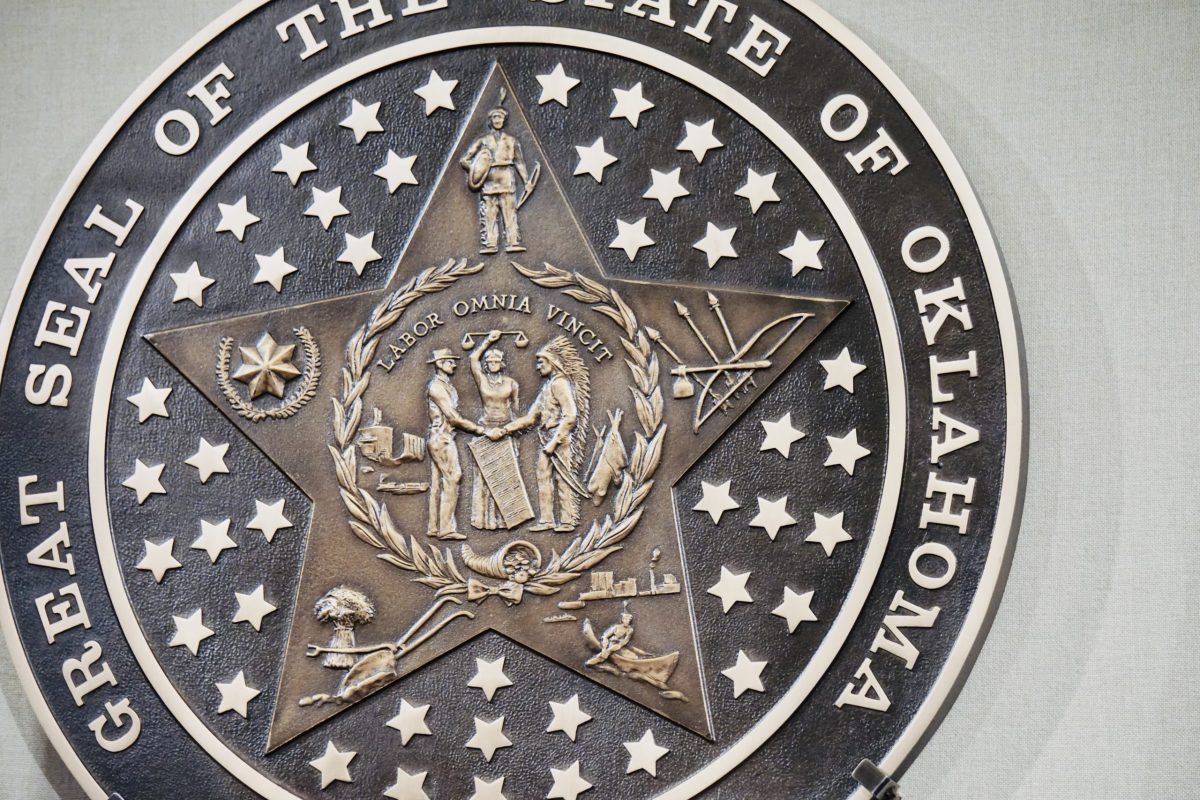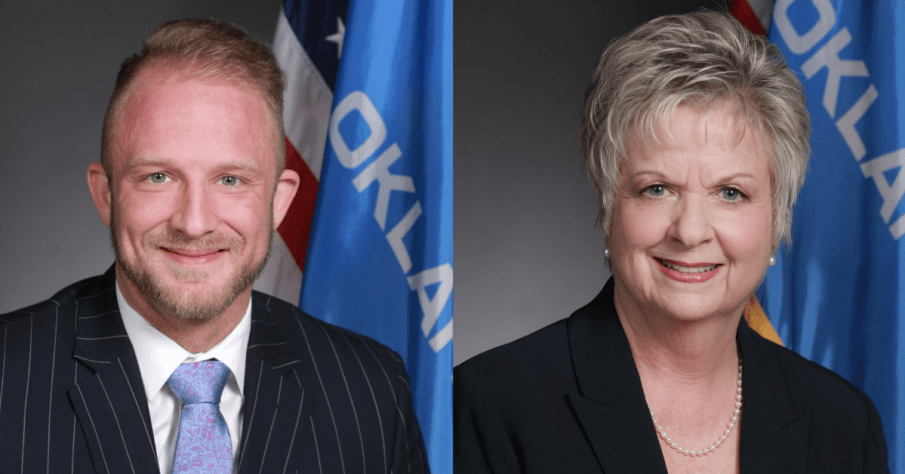
A rigorous data privacy bill that passed the House of Representatives this year with large bipartisan support but strong opposition from big tech companies won’t receive a hearing in the Senate, the bill’s author said.
House Bill 1602 would have required companies to disclose what specific information they are collecting from Oklahomans and how they use it for financial gain. It would also have given Oklahomans the opportunity to request that their personal information be permanently deleted.
But the part of HB 1602 that has drawn the most attention is a component that would have required consumers to opt-in before tech companies collected most of their personal information.
Rep. Collin Walke, D-Oklahoma City, the bill’s author, said he tried to negotiate a compromise with opponents to cut most of the language of the proposal, except for the opt-in part.
“They said no,” he said.
The “they” Walke referred to are a slew of tech and communication giants, including AT&T and Cox Communications, who he said lobbied hard against the bill.
The bill passed the House this month with a bipartisan 85 to 11 vote.
But Walke said Sen. John Michael Montgomery, R-Lawton, the bill’s co-author, informed him the legislation won’t be heard by Sen. Julie Daniels, the chair of the judiciary committee.
Daniels, R-Bartlesville, did not return a message seeking comment.

“It is a shame that someone who has never practiced law and has managed to make her way to the chair of the judiciary just killed a bill that protects women who are rape survivors and children who are being exploited, all to protect big tech,” Walke told The Frontier.
In an interview with The Frontier earlier this month, Montgomery, the bill’s Senate author, said he wasn’t sure the large support found in the House indicated a smooth path in the Senate.
“I think the dynamics are a little different over here in the Senate,” Montgomery said. “For the House’s perspective, they have a little more familiarity with the issue because they had an internal study on it last year.”
Most tech companies, including Cox Communications and Facebook, declined to comment on the legislation but AT&T told The Frontier it wanted to work with the bill’s authors to make some changes.
“AT&T believes fundamentally in the privacy rights of our customers,” said Sammie Valentino, area manager of public affairs for AT&T. “HB 1602, while well-intentioned, will have unintended consequences that we do not think are good for Oklahomans. We look forward to working with legislators to ensure intent matches outcome.”
A person’s online habits are a lucrative tool many online companies use to sell targeted advertising and promote their own products.
HB 1602 would require a company to first receive permission from an Oklahoma resident before collecting personal information like an address, date of birth, phone number, email address, search history, and other personally identifying information and then selling it.
Consumers would also be able to request specifics about how their personal information is being used, which is similar to new laws passed in the European Union.
Just two other states – California and Virginia – have passed comprehensive data privacy protection laws, but Oklahoma’s law would have been unique because of the opt-in requirement, rather than an opt-out.
“An opt-in requirement is the holy grail,” Walke said. “That’s the only way to stop what’s going on because we know most people won’t take the time to opt-out. But most would probably decline to opt-in.”
Walke said a recent data privacy bill passed by lawmakers in Virginia may have hurt his effort as that bill was considered much more friendly towards tech companies.
“This bill has some important privacy provisions, but consumers need more practical options for controlling their data,” said Maureen Mahoney, senior policy analyst for Consumer Reports, addressing Virginia’s new law.
Walke said he plans to focus on data privacy again next year.
“Every bill I file next year is going to be focused on data privacy protection,” Walke said. “This isn’t going away.”

